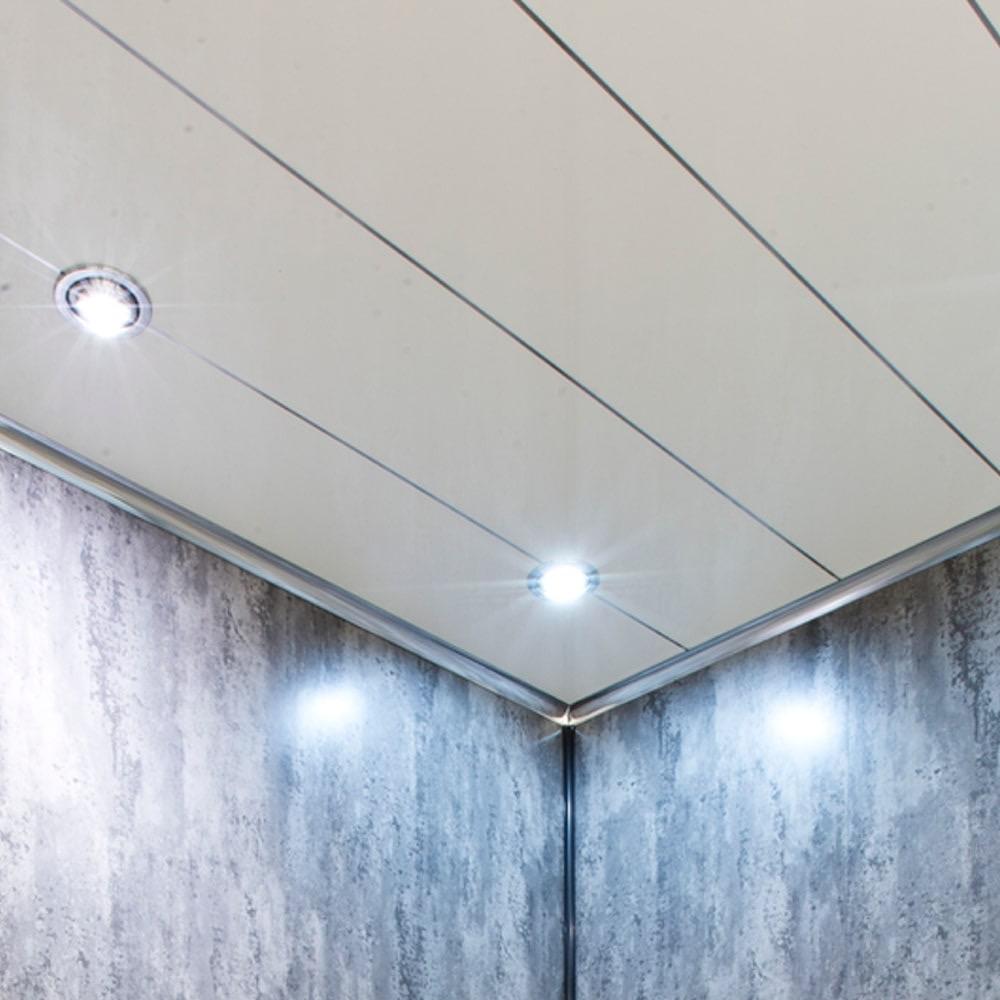
Exploring the Possibilities: Can PVC Sheets Be Used for Wall Coverings?
In the world of interior design and home improvement, finding innovative and cost-effective solutions for wall coverings is always a priority. One material that has gained popularity in recent years is PVC (Polyvinyl Chloride) sheets. In this article, we will delve into the question: Can we paste PVC sheets on walls? We will explore the benefits, considerations, and practical applications of using PVC sheets as a wall covering option.
- Understanding PVC Sheets:
PVC sheets are versatile, lightweight, and durable materials commonly used in various industries. They are made from a synthetic plastic polymer and are known for their resistance to moisture, chemicals, and impact. PVC sheets come in different thicknesses, textures, and finishes, making them suitable for a wide range of applications. - Advantages of Using PVC Sheets for Wall Coverings:
2.1 Easy Installation: PVC sheets are relatively easy to install, especially when compared to traditional wall coverings like paint or wallpaper. They can be easily cut to size and attached to the wall using adhesive or screws.
2.2 Durability: PVC sheets are highly durable and can withstand wear and tear, making them suitable for high-traffic areas or spaces prone to moisture, such as bathrooms and kitchens.
2.3 Low Maintenance: PVC sheets are resistant to stains, mold, and mildew, making them easy to clean and maintain. A simple wipe-down with a damp cloth is usually sufficient to keep them looking fresh.
2.4 Versatility: PVC sheets are available in a wide range of colors, patterns, and textures, allowing for endless design possibilities. They can mimic the appearance of other materials like wood or stone, providing a cost-effective alternative. - Considerations Before Using PVC Sheets on Walls:
3.1 Surface Preparation: Before installing PVC sheets, it is essential to ensure that the wall surface is clean, dry, and smooth. Any imperfections or irregularities should be addressed to achieve a seamless finish.
3.2 Temperature and Humidity: PVC sheets can expand or contract with temperature changes, so it is crucial to consider the environmental conditions of the space where they will be installed. Extreme heat or humidity may affect the adhesive or cause warping.
3.3 Fire Safety: While PVC sheets are generally fire-resistant, it is essential to check the specific fire ratings and regulations in your area before using them as wall coverings, especially in commercial or public spaces. - Practical Applications of PVC Sheets on Walls:
4.1 Residential Spaces: PVC sheets can be used in various rooms of a house, including living rooms, bedrooms, and even basements. They can add a modern touch to the interior design while providing practical benefits like moisture resistance and easy maintenance.
4.2 Commercial Spaces: PVC sheets are commonly used in commercial settings such as offices, retail stores, and restaurants. They offer a cost-effective solution for creating visually appealing and durable wall coverings that can withstand heavy use.
4.3 Healthcare Facilities: PVC sheets are ideal for healthcare environments due to their hygienic properties. They are easy to clean and disinfect, making them suitable for hospitals, clinics, and laboratories.
Conclusion:
In conclusion, PVC sheets can indeed be used as wall coverings, offering a range of advantages such as easy installation, durability, low maintenance, and versatility. However, it is crucial to consider factors like surface preparation, temperature and humidity, and fire safety before using PVC sheets on walls. With proper planning and installation, PVC sheets can provide an innovative and practical solution for enhancing the aesthetics and functionality of various spaces.